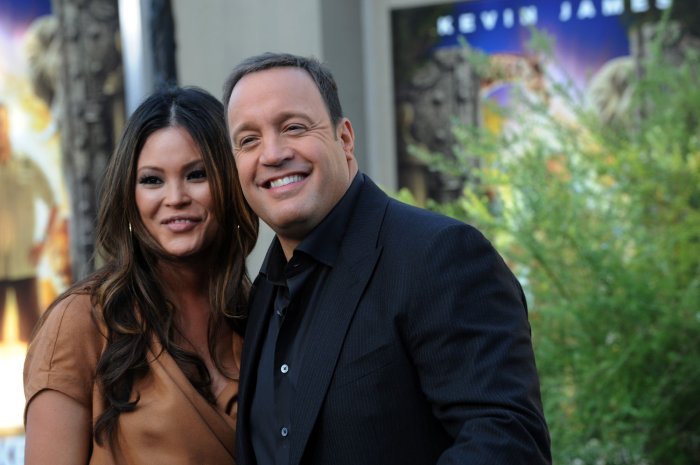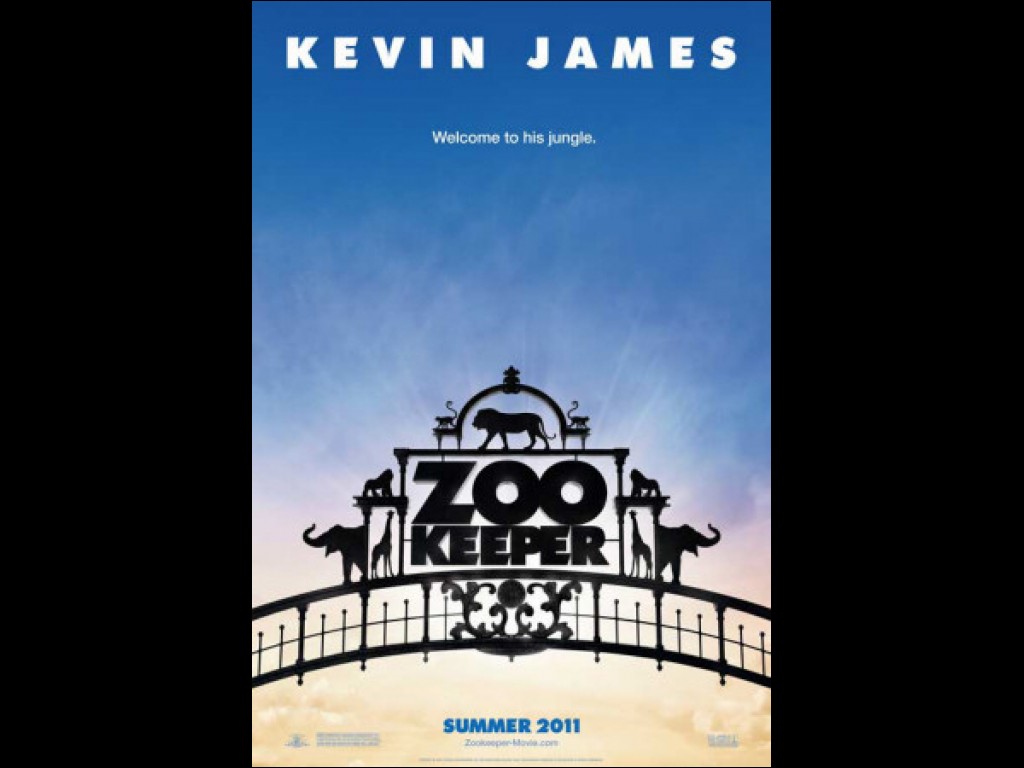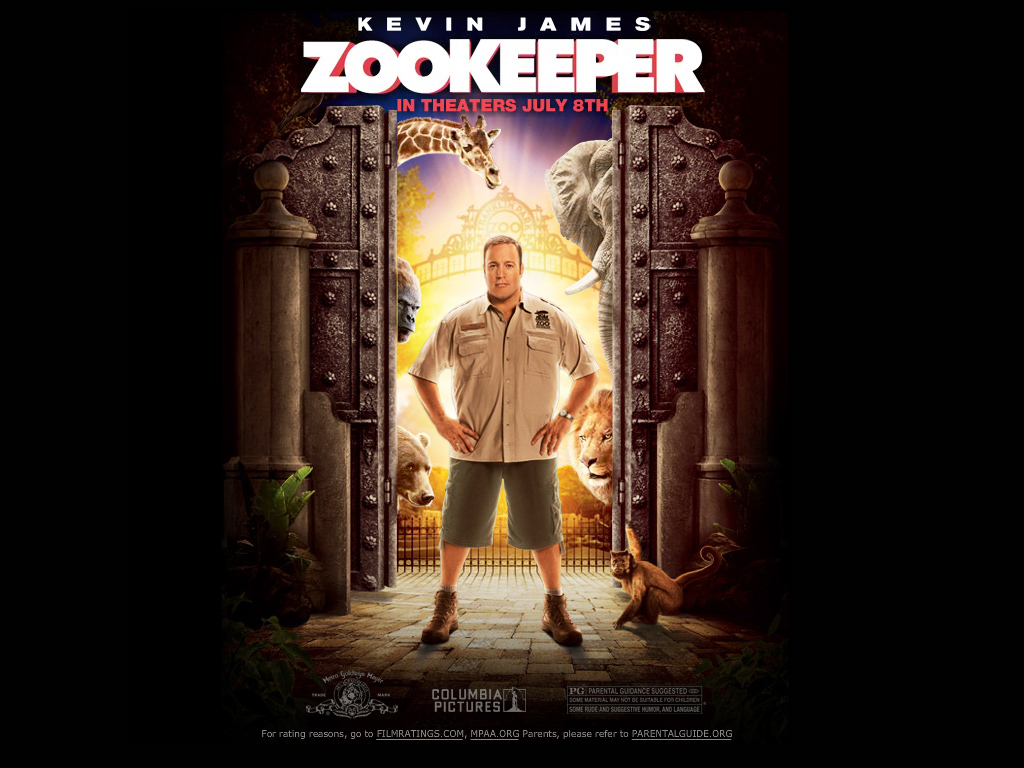The Zookeeper Movie

The “Zookeeper” movie is a lighthearted comedy about a dedicated zookeeper named Griffin Keyes who is struggling to keep his job and win the heart of his crush, Stephanie. However, Griffin’s life takes an unexpected turn when the animals at the zoo start talking to him. This unusual ability forces Griffin to confront his fears and make some life-changing decisions.
Characters and Relationships
The film features a diverse cast of characters, each with their unique personalities and relationships.
- Griffin Keyes: The protagonist of the story, Griffin is a kind and hardworking zookeeper who loves animals. He is initially shy and unsure of himself, but he gains confidence and learns to embrace his unique abilities. Griffin’s relationship with the animals is central to the film, as he learns valuable lessons from their wisdom and humor.
- Stephanie: Griffin’s love interest, Stephanie is a veterinarian who is initially attracted to Griffin’s kindness but is hesitant about his lack of ambition. Stephanie’s relationship with Griffin evolves as she witnesses his growth and learns to appreciate his unique qualities.
- The Animals: The talking animals are the heart of the film, each with their own distinct personalities and perspectives. They provide Griffin with humorous and insightful advice, challenging his views and pushing him to become a better person. The animals’ relationships with Griffin are complex and heartwarming, showcasing the deep bond between humans and animals.
Central Conflict
The central conflict in the film revolves around Griffin’s struggle to balance his love for the animals and his desire for a fulfilling life. Griffin is initially afraid to embrace his unique ability to talk to animals, fearing that it will make him appear foolish. However, as he learns to connect with the animals on a deeper level, he realizes that their wisdom and guidance can help him overcome his personal challenges. Griffin’s journey of self-discovery and acceptance is a central theme of the film, showcasing the power of empathy and the importance of following one’s passions.
Themes and Messages Explored in “Zookeeper”

“Zookeeper,” while a comedic romp about a zookeeper trying to win back his ex-girlfriend, explores deeper themes about relationships, communication, and personal growth. Through its lighthearted humor, the movie subtly delivers messages about the importance of being true to oneself, embracing change, and the power of authentic connection.
Relationships and Communication
The movie highlights the challenges and complexities of relationships, particularly romantic ones. The central conflict arises from the protagonist, Griffin, struggling to communicate his feelings effectively to his ex-girlfriend, Stephanie. Griffin’s attempts to impress Stephanie by adopting animalistic behaviors, inspired by the zoo animals, are ultimately counterproductive and create a communication barrier. This emphasizes the importance of open and honest communication in building and maintaining healthy relationships.
Personal Growth and Self-Discovery
Griffin’s journey is also a testament to personal growth and self-discovery. Initially, he is insecure and desperate to win Stephanie back, relying on superficial tactics and mimicking the animals’ behaviors. However, through his interactions with the zoo animals and his growing friendship with the zookeeper, he learns to embrace his true self and find his own voice. This transformative process highlights the importance of authenticity and self-acceptance in personal growth.
Humor as a Tool for Addressing Deeper Issues
“Zookeeper” uses humor as a vehicle to address these deeper themes. The movie’s comedic elements, such as the animals talking and offering advice, create a lighthearted atmosphere that makes the film more accessible and engaging. However, the humor also serves to highlight the absurdity of Griffin’s attempts to impress Stephanie and his struggle to connect with her. By using humor to expose these flaws, the movie subtly encourages viewers to reflect on their own communication patterns and personal growth journeys.
Critical Reception and Impact of “Zookeeper”: Zookeeper Movie

“Zookeeper,” despite its premise of talking animals and a romantic storyline, garnered a mixed reception from critics and audiences. While some praised its comedic elements and the performances of the animal characters, others criticized its lack of originality and overreliance on slapstick humor.
Critical Reception
The critical reception of “Zookeeper” was largely negative. Critics pointed out the film’s predictable plot, uninspired jokes, and the over-reliance on CGI animals, which they felt detracted from the overall experience. Many reviewers found the humor to be juvenile and lacking in wit.
“Zookeeper is a film that seems content to coast on the premise of talking animals and predictable gags, offering little in the way of originality or cleverness.” – The Hollywood Reporter
Box Office Performance, Zookeeper movie
Despite the mixed reviews, “Zookeeper” was a box office success. It grossed over $180 million worldwide, exceeding its production budget. The film’s popularity was attributed to its family-friendly appeal and the presence of popular actors like Kevin James and Rosario Dawson.
Impact on Popular Culture
“Zookeeper” had a limited impact on popular culture. While the film generated some buzz upon its release, it did not become a cultural phenomenon. The film’s popularity was largely confined to its initial release, and it did not spawn any notable sequels, merchandise, or spin-offs.
Comparison with Similar Comedies
To understand the reception of “Zookeeper” in relation to other comedies released around the same time, it is helpful to compare its critical reception and box office performance with similar films.
| Film | Critical Reception | Box Office Gross |
|—|—|—|
| “Zookeeper” | Mixed | $180 million |
| “The Hangover Part II” | Mixed | $586.7 million |
| “Bridesmaids” | Positive | $288.2 million |
| “Horrible Bosses” | Positive | $209.7 million |
“Zookeeper” performed well at the box office, but its critical reception was less favorable than other comedies released in the same year, such as “The Hangover Part II,” “Bridesmaids,” and “Horrible Bosses.” These films received more positive reviews and generated greater cultural impact, showcasing the importance of strong comedic writing and originality in achieving critical and commercial success.
The Zookeeper movie, with its quirky humor and talking animals, reminds me of a phrase that always makes me chuckle: “shakes the clown.” It’s a phrase that evokes a sense of whimsical absurdity, much like the film itself. shakes the clown captures the essence of playful chaos, a sentiment that resonates throughout the Zookeeper movie, where the lines between reality and fantasy blur, leaving you with a smile and a touch of melancholy.
The Zookeeper movie reminds us of the importance of animal care, especially for those who are vulnerable. Like the skinny cow that yearns for a nourishing treat, the animals in the movie highlight the need for compassion and understanding in our interactions with the natural world.
The zookeeper’s dedication to his animals, even in the face of adversity, resonates with a profound sense of responsibility and care.
